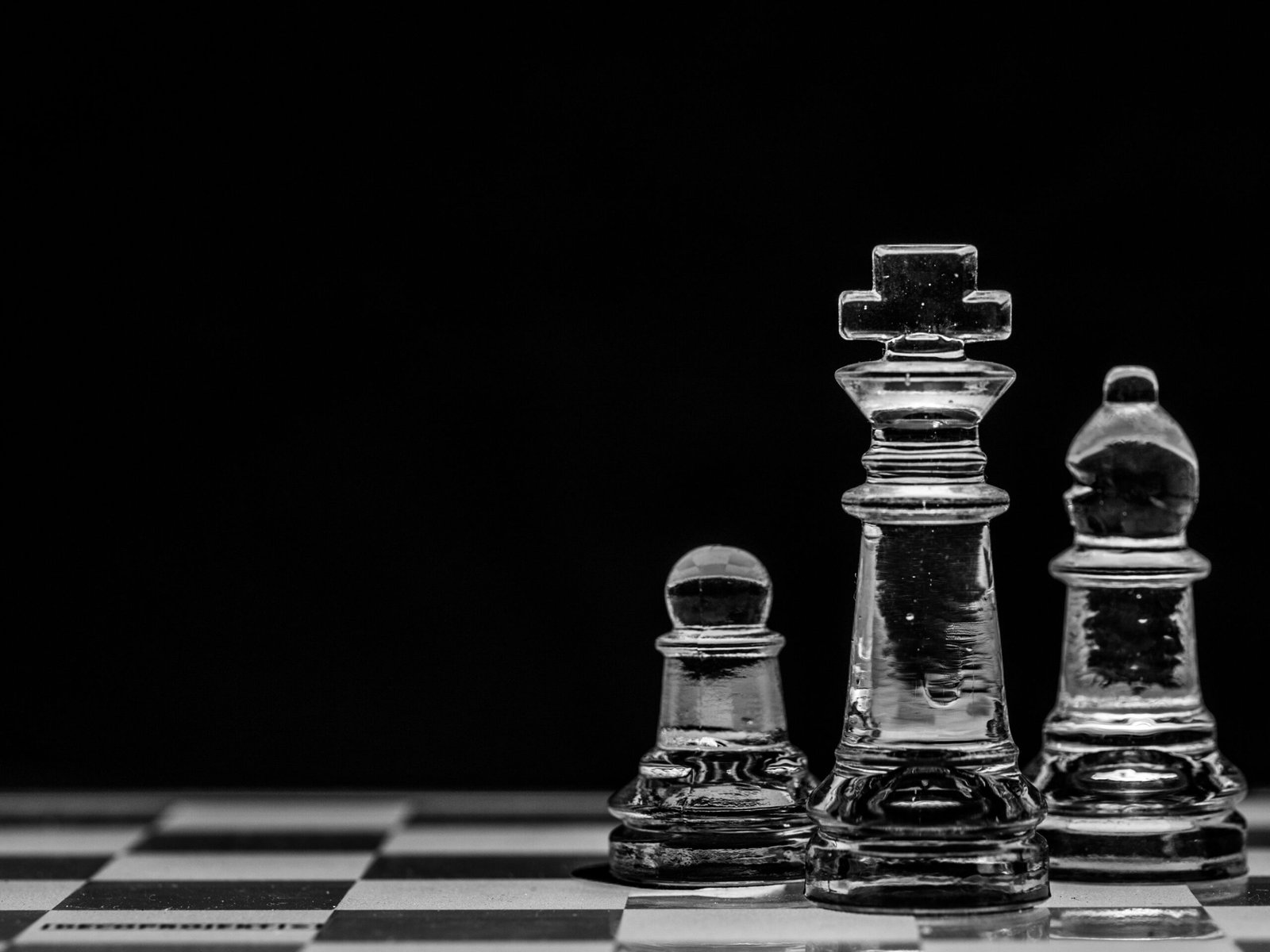The Intriguing World of Chess Psychology
Chess is not merely a board game but a complex battleground of minds where players engage in strategic decision-making. The psychology of chess plays a critical role in determining the outcome of a match. Each player not only battles against the opponent but also manages their own mental state, emotions, and cognitive biases that may arise during play.
Decision-Making in Chess: A Mind Game
In chess, every move counts, and the decision-making process is key to success. Players must evaluate multiple possible outcomes stemming from their chosen moves. This deliberation involves understanding both their strategies and the psychological tactics employed by their opponents. Factors such as time pressure, opponent’s tendencies, and inner confidence all influence this decision-making process.
Strategic Thinking: Beyond the Board
The strategies implemented in chess have profound implications that go beyond the game. Players often draw on their understanding of human behavior, predicting and countering moves based on their opponent’s psychological patterns. This element leads to a layered approach to strategy that incorporates psychological insights into decision-making, elevating the game from a simple contest of skills to a deeply insightful human interaction.
To master the art of chess, one must not only practice tactical maneuvers but also cultivate an understanding of the psychological dimensions of each game. Recognizing the importance of psychology in chess can enhance both a player’s enjoyment and effectiveness on the board.

